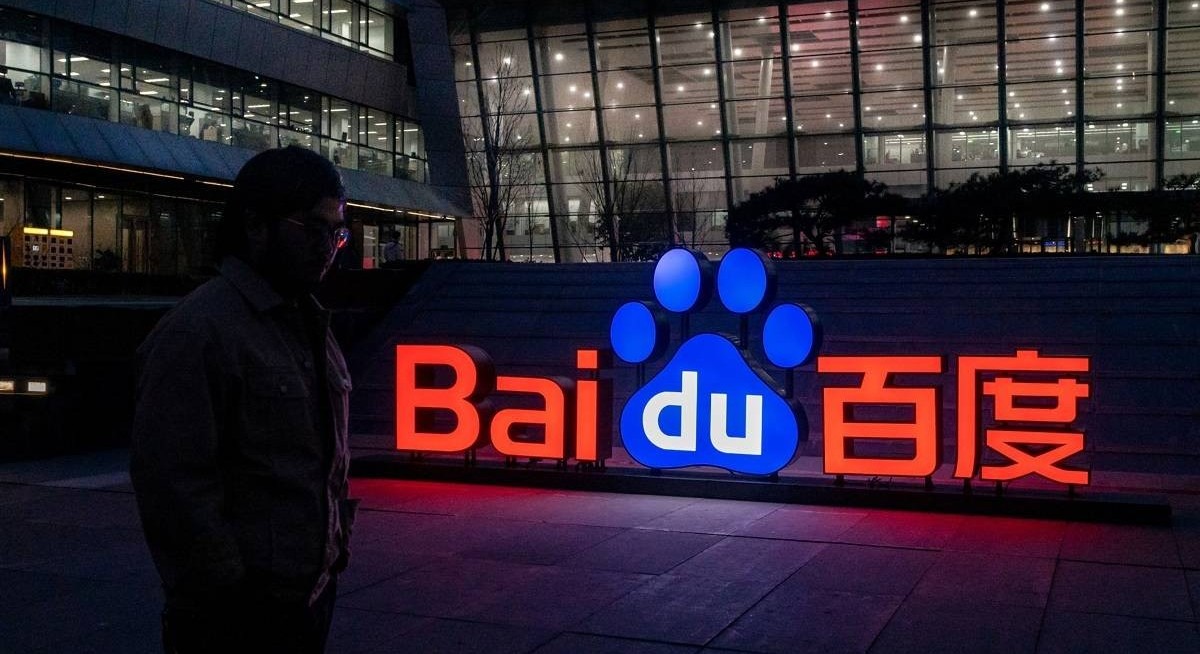The results underscore how China’s internet search leader is struggling on two major fronts. Its core money-making search ad business is losing eyeballs and marketing budgets to social apps from rivals ByteDance Ltd and Xiaohongshu. And Baidu is also trying to compete head-on with the likes of Alibaba Group Holding Ltd in a crowded AI landscape.
Billionaire founder Robin Li last week unveiled the latest iteration of his flagship AI model, Ernie 5.0, demonstrating its capabilities in text, audio, and video remain in the same league as DeepSeek, Alphabet Inc’s Gemini and OpenAI’s GPT-5. Executives announced plans to push AI products to overseas markets, including digital-avatar streamers, and a code-free app builder. While its shares plummeted in ensuing days — highlighting the high bar of AI expectations today — Baidu’s shares remain up about 35% this year.
Baidu enjoyed a headstart in China’s AI race and looked at one point like the country’s most formidable rival to OpenAI. But it soon lost its lead to rivals including ByteDance and Alibaba.
"Baidu’s revamped AI lineup is unlikely to transform its earnings outlook, which remains highly challenged. Though Baidu’s 'natively omni-modal' Ernie 5.0 AI model boasts some impressive features, it is not sufficiently differentiated from the competition, we believe. Baidu has progressively lost share as better-resourced rivals like Alibaba, Tencent and ByteDance overtook the struggling search engine firm," said Bloomberg Intelligence.
See also: Taiwan may push back timeline to meet green energy goal after missing it last year
Li had previously predicted that proprietary models like Baidu’s would win out — before the emergence of DeepSeek, which prompted his company to reverse course and open-source its Ernie models. The founder also initially skipped AI video generation, though Baidu is now chasing rivals like Kuaishou Technology in that segment after they showed monetisation potential.
One bright spot has been Baidu’s nascent cloud business, which has been outpacing other units in recent quarters thanks to growing enterprise demand for AI services.
But that business could be constrained by limited access to Nvidia Corp.’s most advanced accelerators. To that end, Baidu’s chip spinoff, Kunlun, has developed two new chips for AI inference and training, which it said will be available for sale within the next two years.
See also: CK Hutchison seeks damages via arbitration on Panama Ports
Baidu is also accelerating an overseas push for its Apollo Go Robotaxi service, striking partnerships with Uber Technologies Inc and Lyft Inc. The service averaged more than 250,000 rides per week in recent months.
Uploaded by Magessan Varatharaja




